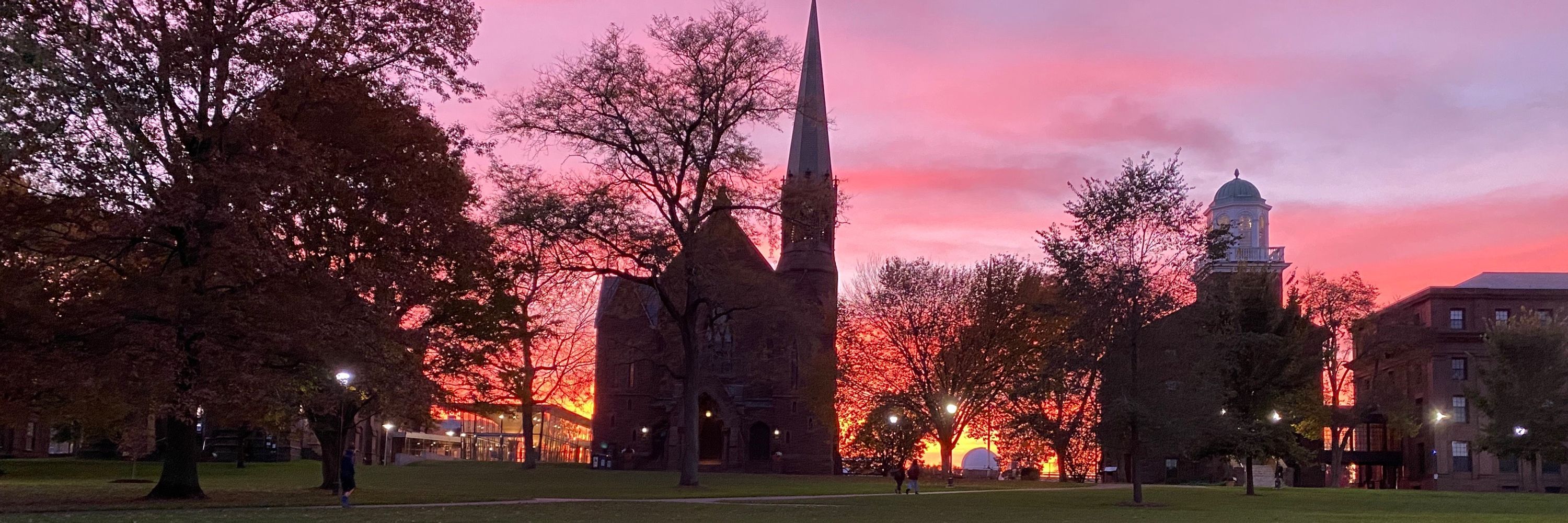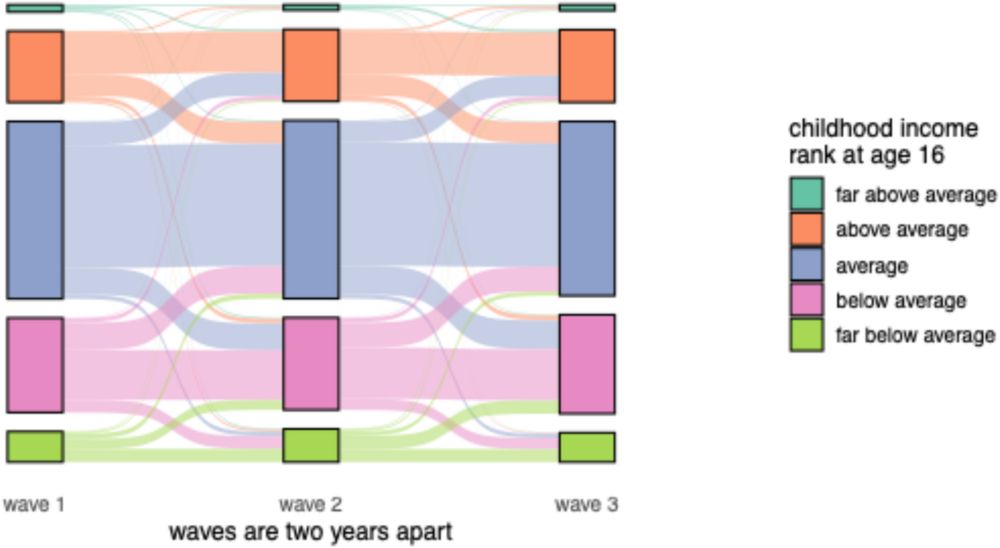Prof @ Wesleyan U; Co-Director of WesMediaProject (@wesmediaproject.bsky.social & mediaproject.wesleyan.edu); policomm, polisci, public opinion & health policy scholar; member of Collaborative on Media & Messaging for Health & Social Policy (commhsp.org) .. more
Prof @ Wesleyan U; Co-Director of WesMediaProject (@wesmediaproject.bsky.social & mediaproject.wesleyan.edu); policomm, polisci, public opinion & health policy scholar; member of Collaborative on Media & Messaging for Health & Social Policy (commhsp.org)
Erika Franklin Fowler is an American political scientist. She is a Professor of Government at Wesleyan University, having previously served as a Robert Wood Johnson Scholar in Health Policy Research at the University of Michigan School of Public Health. .. more
Reposted by Erika Franklin Fowler
Reposted by Erika Franklin Fowler, Andrew Chadwick
Reposted by Erika Franklin Fowler
Reposted by Lisa W. Fazio, Nancy Kanwisher, Scott C. Doney , and 15 more Lisa W. Fazio, Nancy Kanwisher, Scott C. Doney, Brian J. Enquist, Monica G. Turner, David Lazer, Kevin J. Anchukaitis, Elena Litchman, Caroline Krafft, Erika Franklin Fowler, Adam Gamoran, Scott A. Imberman, Sebastian Karcher, Brian Keegan, Jessica A. Gephart, Jennifer A. Johnson, Julie Novkov, David Darmofal
Reposted by Erika Franklin Fowler, Barrett
Reposted by Erika Franklin Fowler
Reposted by Erika Franklin Fowler, Andrew Kydd, David Darmofal
Reposted by Rosemary A. Joyce, Erika Franklin Fowler
Reposted by Erika Franklin Fowler, Christian Baden

Reposted by Sarah E. Gollust, Erika Franklin Fowler
Reposted by Erika Franklin Fowler
Reposted by Erika Franklin Fowler
Reposted by Erika Franklin Fowler, Julie Novkov
Reposted by Philip N. Cohen, Erika Franklin Fowler, Timothy D. McBride
Reposted by Megan L. Ranney, Erika Franklin Fowler, Seth Masket
Reposted by Jonathan Portes, Simon Hix, Ben H. Ansell , and 59 more Jonathan Portes, Simon Hix, Ben H. Ansell, Jesper Strömbäck, John Drury, Will Jennings, Sara B. Hobolt, Brendan Nyhan, Gijs Schumacher, Scott L. Greer, Steve Peers, Ruth Dassonneville, Tim Bale, Dave O’Brien, Kai Arzheimer, Catherine E. De Vries, Ian Hall, Alexander Wuttke, Vincent Tiberj, Justin H. Kirkland, Lesley A. Hall, Efrén O. Pérez, Chris Hanretty, Fabián Muniesa, Jacob Montgomery, Paul E. Johnson, Alan Lester, Mary Corcoran, Erika Franklin Fowler, Michelle Everson, Ben Worthy, Meri Koivusalo, Aaron Sojourner, Toby S. James, Holger Nehring, Nazita Lajevardi, Simon Glendinning, Tom Griffin, Alessandro Nai, Markus Klein, Marina Costa Lobo, Jonathan Birch, Matthijs Rooduijn, Ben Rosamond, Glen O’Hara, David Murakami Wood, Christian Fisch, Paul Nightingale, Stuart White, Werner Krause, Simon Usherwood, Toni Haastrup, Greg Linden, Federica Genovese, Tom Louwerse, Daphne Halikiopoulou, Samuel Coavoux, Ewan McGaughey, Nick Clarke, Björn Bremer, Southern Africa, David Darmofal
Reposted by Erika Franklin Fowler




















